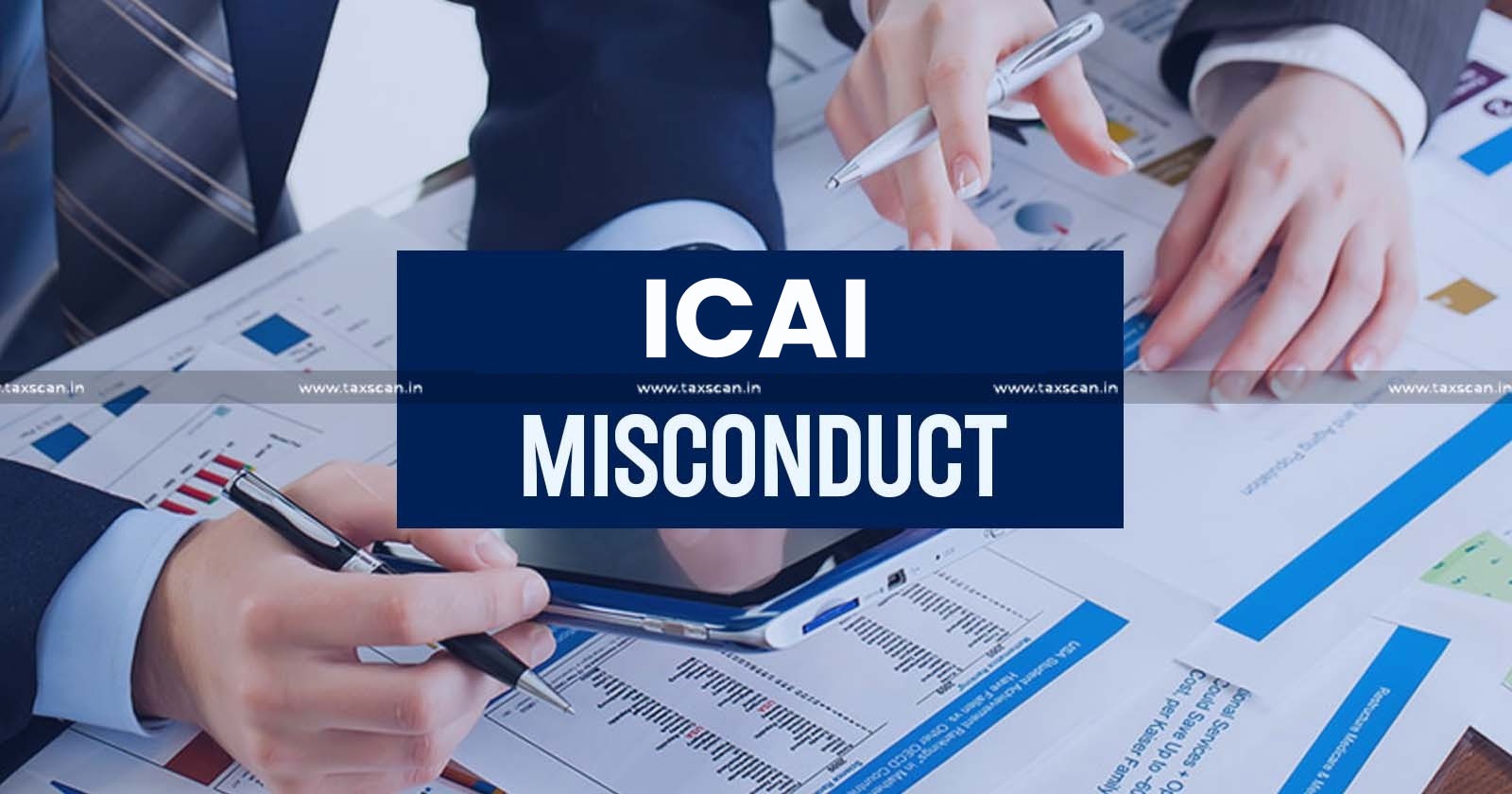@JUDGMENTTAG-ORDER
K.K. Sasidharan, J.@mdashChallenge in this Writ Petition is to the award dated July 29, 1999 on the file of the Labour Court, Chennai, in I.D. No. 552/1994, whereby and whereunder, the petitioner was directed to reinstate the second respondent into service with back wages and continuity of service.
The Facts:
2. The first respondent is the owner of fleet of lorries and they are engaged in parcel service. The second respondent was appointed as a driver as per appointment Order dated August 18, 1989. The appointment was for a period of two months from the date of joining. Accordingly, the petitioner joined duty on September 13, 1989. On November 3, 1989 he was offered probationary appointment for a period of six months from November 13, 1989. During the said period of probation, he was involved in two accidents. Subsequently on June 5, 1992, the second respondent was offered temporary employment again for a period of two months. He joined duty on June 16, 1992. His temporary appointment was: extended up to October 14, 1992. During the said period, the second respondent was again involved in an accident.
3. The second respondent was again offered probationary appointment for a period of six months from October 15, 1992 to April 14, 1993. In the appointment Order, it was stated that his services would come to an end automatically on April 14, 1993. Before the expiry of the probationary employment, the petitioner as per letter dated April 14, 1993, offered him a fresh probationary employment for a period of six months from April 15, 1993 to October 14, 1993. The said appointment, was accepted by the second respondent.
4. While the matters stood thus, the petitioner informed the second respondent as per letter dated October 4, 1993 that his probation employment would come to an end on October 14, 1993 and he would be discharged from service.
5. Since the service of the second respondent was not continued, he raised a dispute. The dispute was registered as I.D. No. 552/1994, and it was taken up by the Labour Court. The Labour Court found that, the respondent was appointed as probationer for a period of six months to fill up a permanent vacancy. According to the Labour Court, the probation period of the petitioner was not extended and as such, it has to be considered that his probation was declared. Therefore, the petitioner was e regular workman, entitled to the benefits of the I.D. Act. Accordingly, an award was passed directing reinstatement of the second respondent with back wages and continuity of service. It is the said award which is impugned in the writ petition.
Submissions:
6. The learned Counsel for the petitioner contended that the second respondent was discharged as per proceedings October 4, 1993. The said proceeding was issued even before the expiry of his probationary period. Therefore, the Labour Court was not correct in its finding that the management has not exercised the option of extension of the probationary period one week before its expiry. According to the learned Counsel, when the very service was put an end as per the notice dated October 4, 1993, there was no question of deemed declaration of probation.
7. The learned Counsel for the second respondent justified the award of the Labour Court. According to the learned Counsel, the petitioner has adopted a novel device of issuing probationary appointment orders continuously so as to avoid the payment of proper wages and with a desire to deny the benefits of the I.D. Act.
Discussion:
8. The last appointment of second respondent in the service of the petitioner as a driver is a matter of record. The appointment Order was issued on April 10, 1993. The Order of appointment contains a clause that the service would come to an end automatically after the expiry of six months. Therefore, in the ordinary circumstances, probation would come to an end on October 14, 1993. However, there is a provision in the Certified Standing Orders of the petitioner to the effect, that in case the probation has not been extended at least one week before the normal date of completion of probation, the workman shall be deemed to have satisfactorily completed the period of probation on the normal date. The Labour Court proceeded on the basis that, there was no extension of period of probation as contemplated under the Certified Standing Orders. However, even before the cut off date, the petitioner has issued an order on October 4, 1993 informing the second respondent that his service is discharged w.e.f. October 14, 1393. Therefore, there was no question of extension of the service one week before the expiry of the period of probation.
9. It is true that the management was adopting an unfair labour practice by taking advantage of the less bargaining power of the worker. In the case on hand, the initial appointment was on August 18, 1989. The appointment was continued periodically. However, the fact remains that work was extracted from the petitioner for all those years.
10. The appointment Order dated April 10, 1993 clearly shows that the petitioner was appointed as a probationer for a period of six months from April 15, 1993 to October 14, 1993. It further provided that the service would come to an end after the said period of six months. The said Order was accepted by the second respondent without any protest. Therefore, he is bound by the Order. Even before the expiry of the said period of probation, his service was put to an end.
11. In
12. The Labour Court has ordered reinstatement only on the ground that before the expiry of the period of probation, no notice of extension of probation was issued. However, the fact remains that even before the completion of the period of probation, his service was put to an end by way of Order dated October 4, 1993. The said fact has not been taken into consideration by the Labour Court.
13. The learned Counsel for the petitioner further submitted that the second respondent left the service of the petitioner and the entire dues were settled. Therefore, the question of reinstatement of the petitioner does not arise for consideration in the matter, in view of the specific clause contained in the Order of probation and the subsequent Order of termination issued by the petitioner before the expiry of the period of probation, the Labour Court was not justified in directing the petitioner to reinstate the second respondent into service. In a case like this, subsequent development has also to be taken into consideration. The second respondent is no more in the service of the petitioner. There is nothing on record to show that the settlement was without prejudice to the claim in the writ petition. Therefore, I am of the view that the order impugned in this writ petition is liable to be set aside.
14. In the result, the award of the I Additional Labour Court, Chennai in I.D. No. 552/1994 dated July 29, 1999 is set aside. The writ petition is allowed. The petitioner is permitted to withdraw the amount deposited by them before the Labour Court. No Costs.

